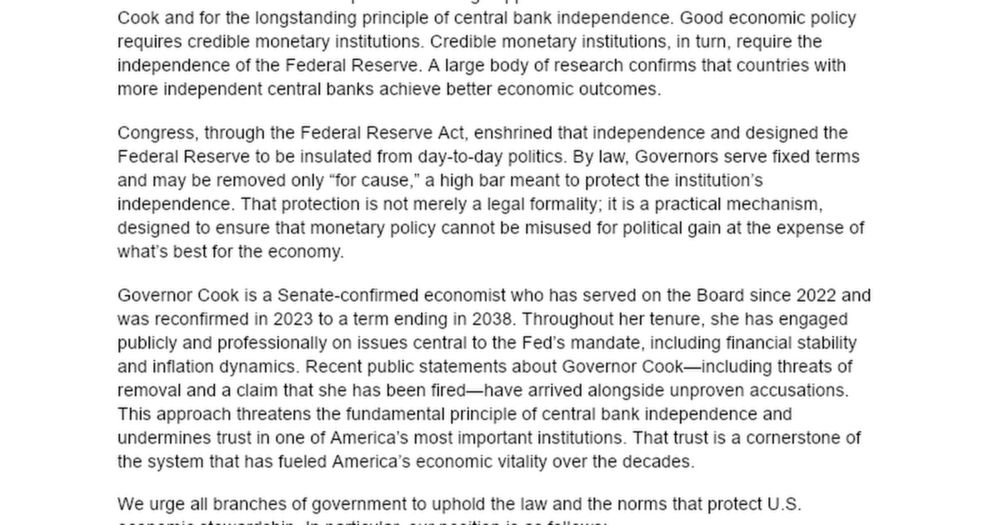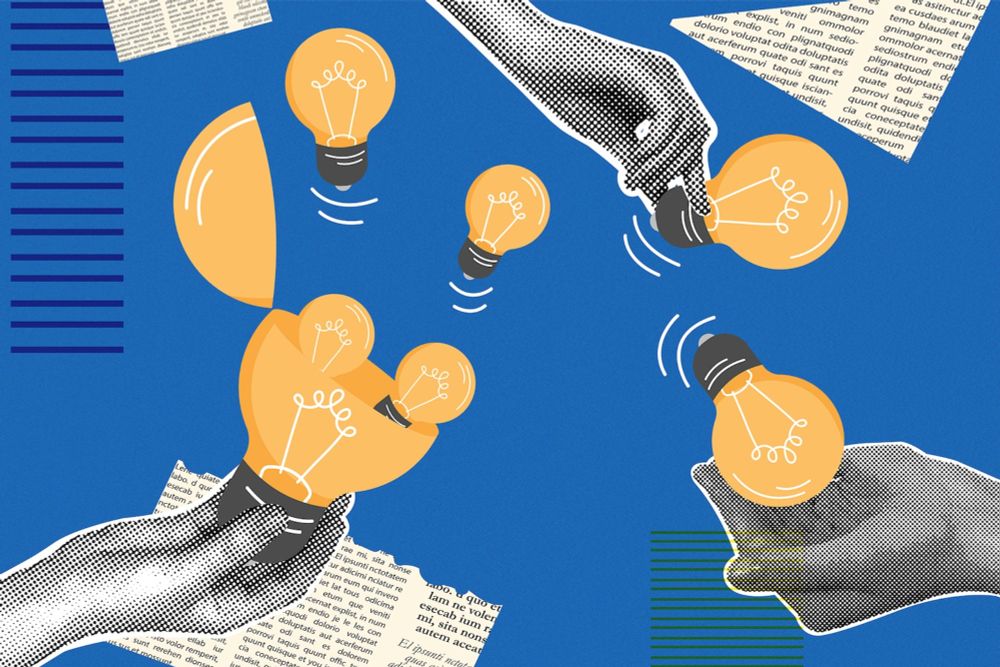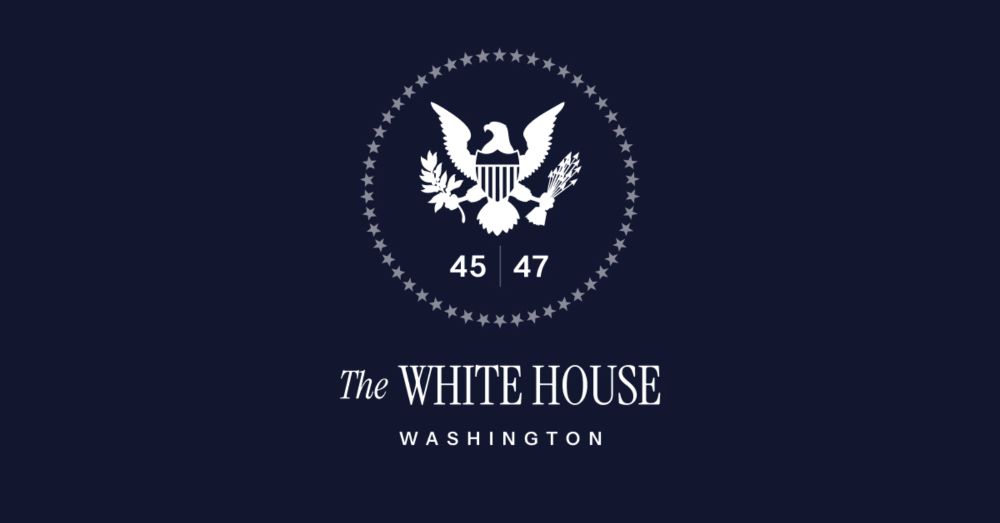Arik Levinson
Explain *that*, Econ 101 professors.
www.washingtonpost.com/climate-envi...

Reposted by: Arik Levinson, Richard S.J. Tol
salatainstitute.harvard.edu/environmenta...

See something, say something. Comment here by Sept 29.
www.federalregister.gov/documents/20...

Reposted by: Arik Levinson, Richard S.J. Tol, Joshua Goodman
My take: It takes much more effort to refute nonsense than it does to generate it, a tax on the time of all who care about fact and accuracy
sites.google.com/tamu.edu/doe...
Reposted by: Arik Levinson, Jonathan Portes, Lawrence F. Katz , and 21 more Arik Levinson, Jonathan Portes, Lawrence F. Katz, Claudia Sahm, Richard S.J. Tol, Yuriy Gorodnichenko, Menzie Chinn, Jennifer A. Richeson, Alistair Munro, Michael A. Clemens, Dirk Pilat, Martha Bailey, Joshua Goodman, Shelly Lundberg, Michael Kevane, Mirco Tonin, Trevon D. Logan, Kathleen J. Mullen, Todd Pugatch, Maya Rossin‐Slater, Kelly A. Grogan, Simon Galle, Peter Bergman, David Darmofal
There's still time to sign! And please share.
#EconSky
docs.google.com/document/d/1...

Huh? That ignores the private cost, presumably around $3. Adding that to even their discounted SCC means *total* social costs exceed $3 by a lot.
Why are we deflating the SCC by the deadweight loss from raising revenue? (Also, since when is $75 "relatively high"?)
www.energy.gov/articles/dep...
1/3 The Social Cost of Carbon "is not intended to measure the private marginal benefits ... of fossil fuels." Correct! (But not relevant. That's why it's the called the Social *Cost* of Carbon.)
6. Clear writing comes from clear thinking.
7. If readers don’t understand your writing, that’s your fault, not theirs.
This is my last column. It is my advice to any other lucky pundits who land a perch like this -- with 11 principles I've aspired to, even if I haven't always achieved them:
wapo.st/3TU2fGw

*Subsidizing EV charging stations would be twice as effective as subsidizing EVs.*
By Shanjun Li, Lang Tong, Jianwei Xing, and Yiyi Zhou
tinyurl.com/bhrt3zsj

www.journals.uchicago.edu/doi/abs/10.1...

State government appeals to save energy largely failed when broadcast over radio and television, but succeeded via text.
New in #JAERE from Dylan Brewer and Jim Crozier.
cc: @aereorg.bsky.social
www.journals.uchicago.edu/doi/10.1086/...

Reposted by: Arik Levinson
www.bonfire.com/economists-f...

1. Revenue (that's all tariffs, not just carbon tariffs)
2. Protect US industry (again, all tariffs)
3. The US has no domestic carbon price (huh?)
wapo.st/46bDgWo

Year 1) Pass 10-year budget that cuts taxes in yr 1 and raises them in yrs 2-10.
Year 2) Treat yr 1 as baseline, pass new budget that cuts taxes in yr 2 and raises them in yrs 3-11.
Year 3) Treat yr2 as baseline, .... you get the idea.
Problem solved!
www.journals.uchicago.edu/doi/10.1086/...

www.journals.uchicago.edu/doi/10.1086/...

Reposted by: Arik Levinson

Reposted by: Arik Levinson
With increased enforcement and lower oil prices, It would be a great time to lower the cap.


"Uncertainty" (my scare quotes) has been wielded rhetorically by opponents of regulation. But one way to reduce regulatory uncertainty is to stop opposing the regulation.
Now Ashley et al. show that regulatory uncertainty can prolong unprofitable investments.
Reposted by: Arik Levinson, Frank Verboven

(See what I did there.)
aka "Betteridge's law"

Reposted by: Arik Levinson, Andrew Zeitlin, Simon Galle
Today on VoxDev, Raphael Calel (Georgetown University), Jonathan Colmer (University of Virginia), Antoine Dechezleprêtre (OECD) & Matthieu Glachant (Mines Paris) outline research on India: voxdev.org/topic/energy...

